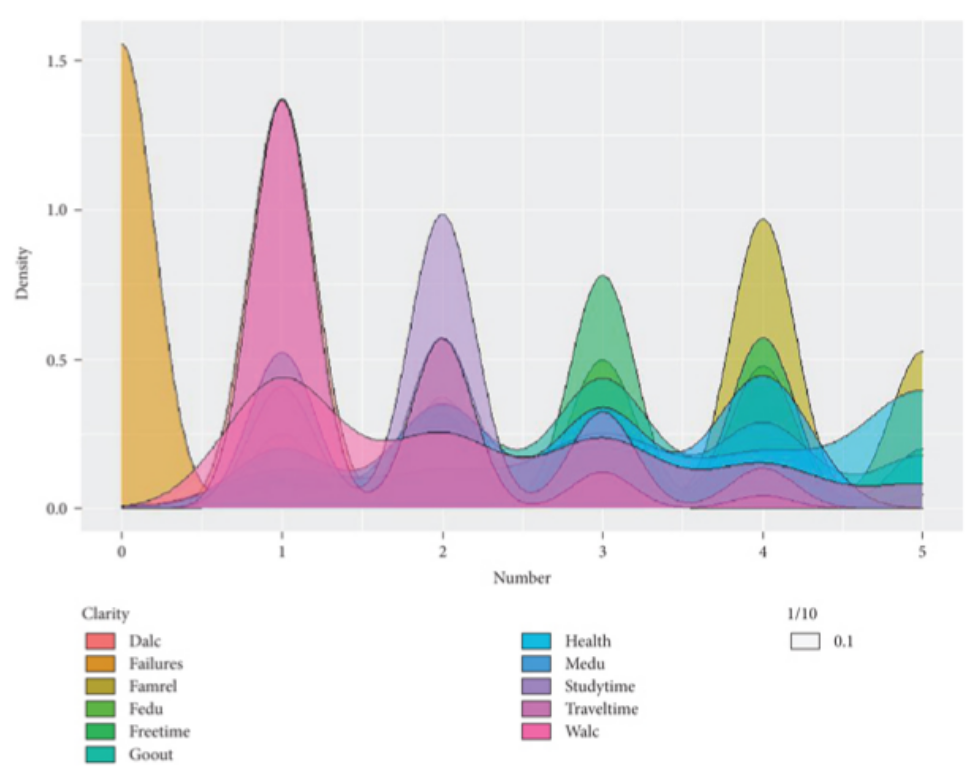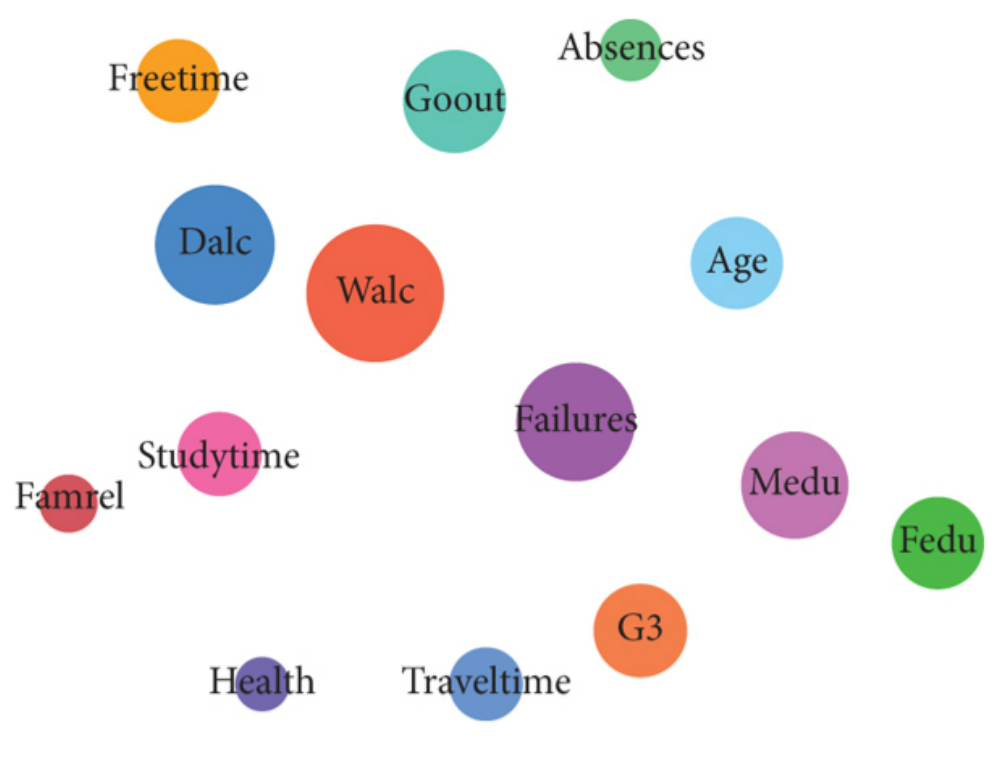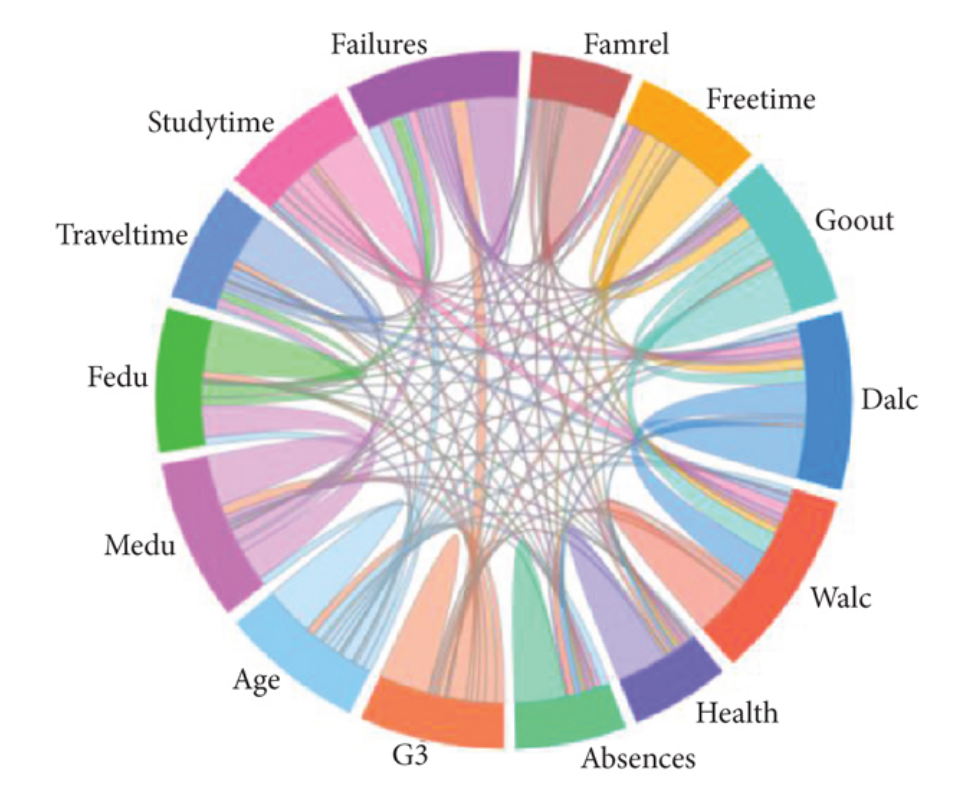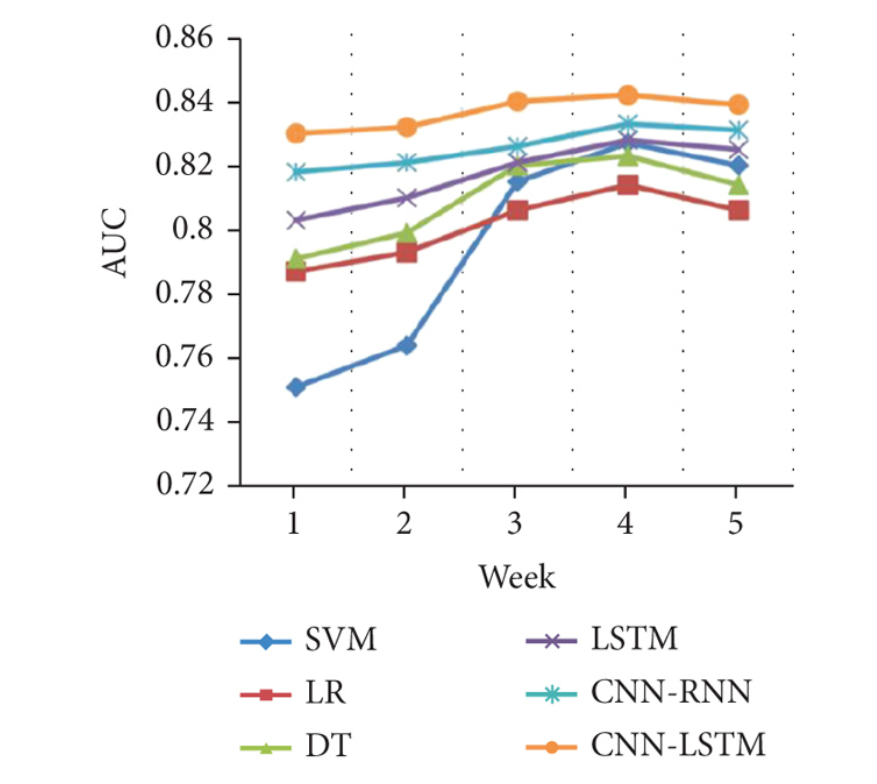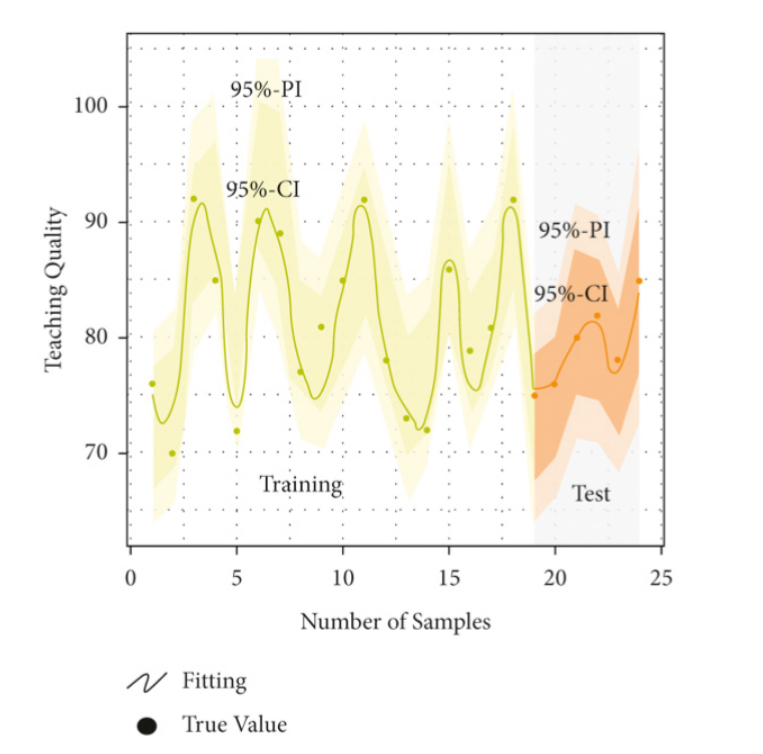 An open access journal
An open access journal
Parental Involvement in Online Learning: Supporting Student Success at Home
Abstract
Parental involvement in online learning has become a crucial factor in supporting student success, particularly in the context of remote and virtual education. This paper explores the significance of parental involvement in online learning, emphasizing its role in fostering a positive learning environment, enhancing student motivation, and bridging the home-school partnership. It delves into the principles and key components of effective parental involvement, including communication strategies, digital literacy skills, and collaboration between educators and parents. The discussion includes the benefits of parental involvement in online learning, such as improved academic outcomes, increased student engagement, and reduced learning disparities. Moreover, the paper addresses the challenges and considerations in promoting parental involvement, including cultural diversity, accessibility, and the need for guidance and resources. Through a review of empirical studies and case examples, the study highlights the positive outcomes associated with parental involvement in online learning, including enhanced student support, strengthened family-school relationships, and increased student success. The conclusion offers recommendations for educators, parents, and institutions interested in promoting effective parental involvement, emphasizing the importance of a collaborative and inclusive approach to support student learning at home.
Share and Cite
Article Metrics
References
- Bandura, A. (1986). Social Foundations of Thought and Action: A Social Cognitive Theory. Prentice-Hall.
- Barrera, M., & Corso, R. M. (2003). Diverse Pathways to Parenting: African American Mothers and Fathers in Context. In M. H. Bornstein (Ed.), Handbook of Parenting: Volume 3: Being and Becoming a Parent (pp. 333-359). Lawrence Erlbaum Associates.
- Epstein, J. L. (1995). School/Family/Community Partnerships: Caring for the Children We Share. Phi Delta Kappa.

